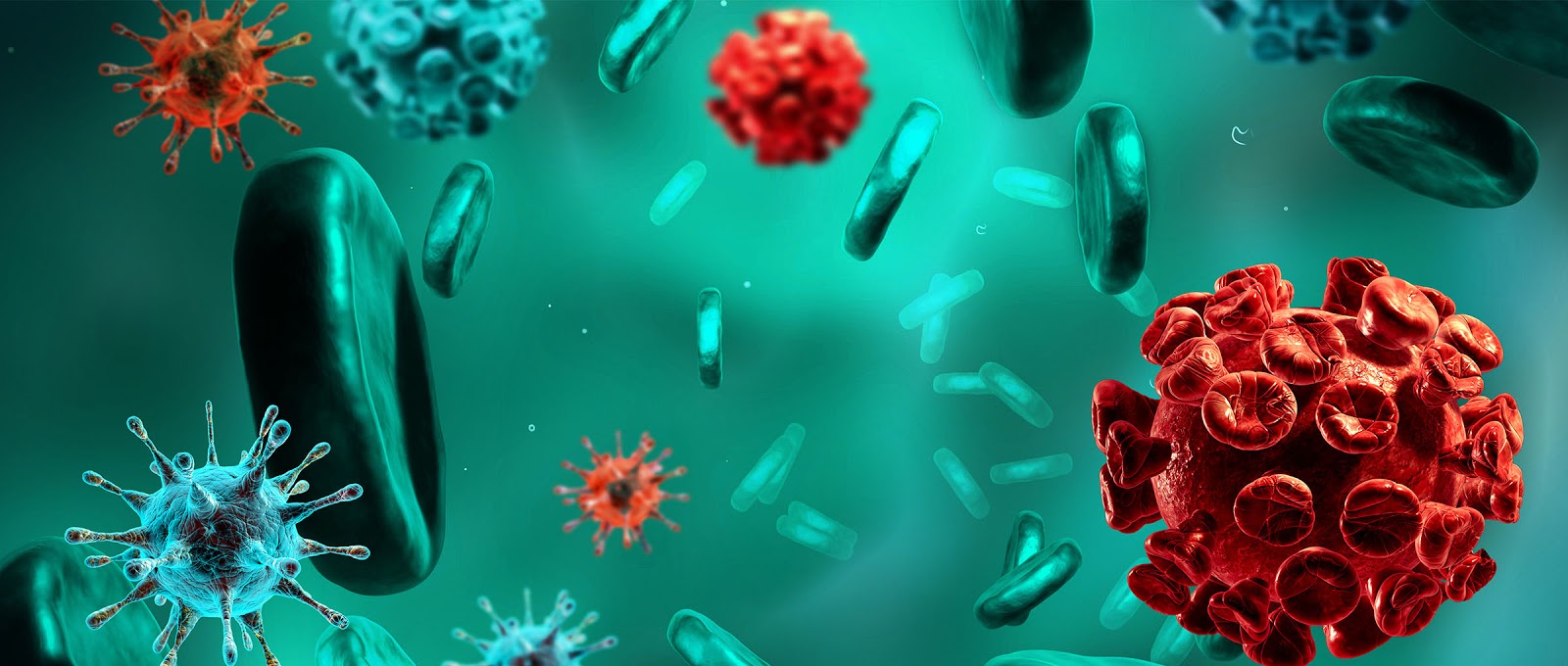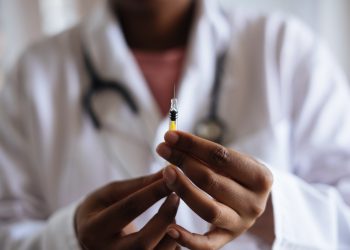Although the SARS-CoV-2 coronavirus is characterized by mainly inducing a respiratory disease, various studies have reported that up to 50% of patients present abnormal liver tests (transaminases). Since autoimmune hepatitis is due to the fact that the patient’s own defenses attack the liver and its treatment consists of lowering these defenses (immunosuppression), there is great concern in these patients and in doctors as to whether this circumstance makes them more likely to become infected by the coronavirus.
Is there a higher risk?
It has been shown that patients with autoimmune hepatitis do not have a higher risk of coronavirus infection than the general population, even if they are receiving immunosuppressive drugs. In this regard, it has been found in China (epicenter of COVID-19) that only a minority of infected patients had chronic liver disease.
Some doctors have discussed the possibility of lowering the dose of immunosuppressive drugs to decrease the chances of coronavirus infection. However, since the risk of infection is not higher in these patients, the immunosuppression doses should not be modified since reactivation of autoimmune hepatitis may occur.
Measures to avoid contagion
For all this, patients with autoimmune hepatitis must follow the same rules as the general population in order not to become infected: wash their hands frequently, maintain a safe distance, avoid contact with anyone with symptoms of respiratory infection…, that is, they should strictly respect the isolation protocols recommended by the Health Authorities.
On the other hand, they have to avoid going to hospitals or doing it only in an emergency. Finally, in patients with autoimmune hepatitis, especially if they have liver cirrhosis, vaccination against influenza and against Streptococcus pneumoniae (pneumonia) is important.
All these measures are recommended for any patient with chronic liver disease, not just for those with autoimmune hepatitis.



